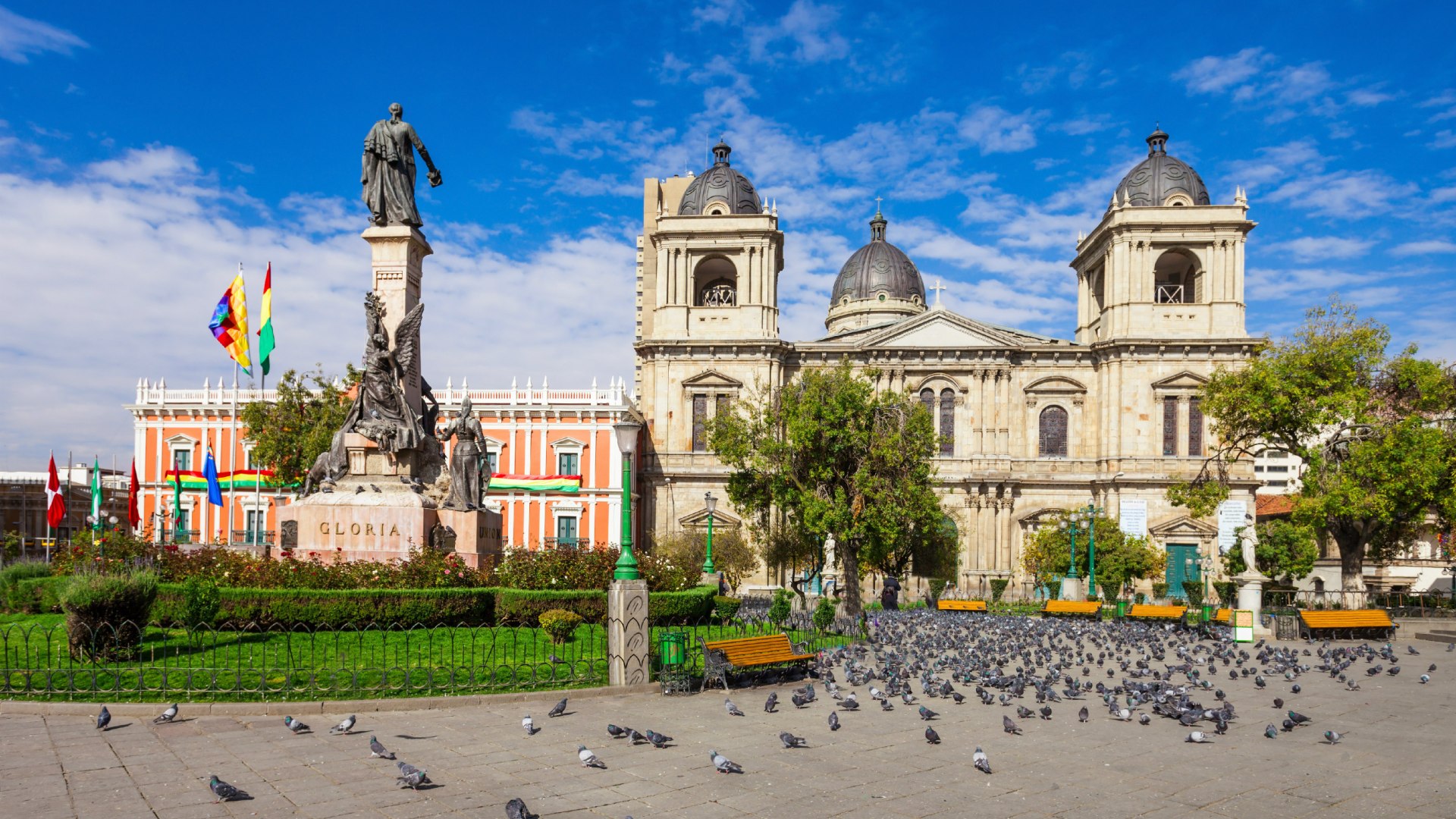Evangelicals in Bolivia received a major religious freedom boost this week from the same administration that banned evangelism last year.
Months after Evo Morales criminalized proselytizing—before swiftly reversing course—the Bolivian president reached out to Christians to help draft legislation to recognize evangelical churches and institutions. This week, he made it official.
“With this law, all churches have the same rights,” said Morales. “There is equality. There is neither a primary nor a secondary nor an underground church like before. Now it is a team effort and fight."
Munir Chiquie, president of the National Association of Evangelicals of Bolivia (ANDEB), called the law “a qualitative leap in the development and understanding of this fundamental freedom that is inseparable from the freedoms of worship, conscience and thought.”
“Today is a day of celebration, it is a historic day,” said Alberto Salcedo Peñaloza, who pastors Ekklesia Church, a megachurch in La Paz that published a bulletin on the good news. “There is now full freedom of conscience we have rights and also obligations, so all of in this beloved Bolivia, we can serve, support and to go forward. “
Before it was signed into law, a different evangelical group, the Association of United Churches of La Paz, complained that the bill failed to distinct churches in any meaningful way from NGOs and attacked ANDEB “as a minority group of associations, between these NGOs and foundations.”
Bolivia’s 10-year-old constitution declares a separation between church and state and established the country as a secular state. But the government had taken years to enumerate on the rights offered to religious minorities like Protestants and followers of the country’s indigenous faiths. The new legislation will make it easier for evangelicals and the country’s indigenous religions to establish legal recognition.
These legal rights will also allow the government to regulate and tax the groups, said Lino Cárdenas, president of the constitutional committee of Bolivia’s chamber of deputies.
“Churches have the full right to profess the faith but they also have obligations before the state, which must regulate them to ensure that the population is not deceived,” he said.
While Catholics overall supported the legislation, Bolivian Catholic bishops stated they were “disappointed that the religious liberty law has not come to an explicit recognition of the right to conscientious objection.”
Morales has controversially served three consecutive terms as president, and is seeking his fourth term this fall. In 2016, he proposed a constitutional amendment to reject all presidential term limits. While the amendment was rejected by voters, Morales appealed the outcome to the country’s constitutional court, which then ruled in his favor.
Bolivian evangelicals have had a tumultuous relationship with Morales. In 2006, he was elected president on the promise of greater religious freedom. As the first indigenous Andean to be democratically elected president of Bolivia, he abolished the historic domination of the Roman Catholic Church over religious affairs.
Bolivia’s 2009 constitution established a "secular state," designed to be neutral in matters of faith and conscience. The country’s Protestant population, which had long sought church and state separation, initially welcomed the new political order—assuming a secular state meant the end of religious discrimination.
But by 2013, Protestant leaders were concerned that Morales was favoring Amiya, an indigenous religion, and that this faith would supplant Catholicism in its prominence. They also protested a law requiring that religious organizations reregister, and evangelical leaders claimed it “would force churches to betray their true ecclesiastical traditions,” would be used to control evangelical churches, and imposed a foreign “cultural and spiritual worldview.”
In the midst of this, Morales reached out to Protestant leaders as far back as 2010 to formulate a religious freedom law, but this relationship bore little legislative fruit until this year.
According to a 2014 Pew Research report, 77 percent of Bolivians are Catholic and 16 percent are Protestant. Yet, like most of Latin America, the latter population is growing and 60 percent of Protestants say they were born Catholic.









